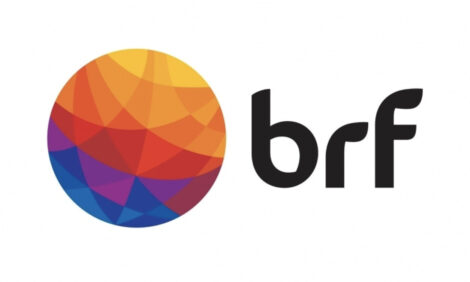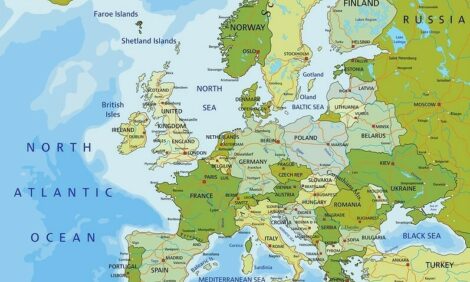



Overview of This Week’s Poultry Industry News
ANALYSIS – The EU and US took another step in opposing directions over genetically modified (GM) crops this week, writes senior editor, Jackie Linden. As the USDA announced the introduction of new rules to speed up authorisation of GM crops, France asked the European Commission to suspend authorisation for one type of GM maize, citing safety fears. While the Russian government proudly reported poultry meat output had almost doubled between 2006 and 2011, a USDA report casts doubt on Russia achieving its stated target for chicken exports this year. Three new outbreaks of H5N1 bird flu have been reported in Viet Nam this week.The contrasting approaches of European and US regulatory bodies to the authorisation of genetically modified (GM) crops have been back in the news this week.
France's ministry for ecology is reported to have asked EU regulators to suspend authorisation for the use of MON 810 GM maize from Monsanto. The French authority has raised concerns following the recent publication of a report by the European Food Safety Authority over another GM maize, BT11, which, France contends, could also be applied to MON 810.
"If the European Union does not act, we can invoke the safeguard clause," which allows EU nations to independently restrict or prohibit the sales of products, a ministry statement said.
Also this week, Bloomberg reported that GM crops are to get faster approval in the US. The aim of a new rule change at the USDA is to cut in half the time needed to approve biotech crops from the current average of three years.
Following these moves, it looks likely that European views on GM crops will put EU livestock farmers at a greater competitive disadvantage in future.
With unpredictable, extreme weather conditions and competition on global markets, European farmers may struggle to source non-GM feed for livestock production at a competitive price. There are sections of the industry that believe the introduction of GM crops could help.
With the EU dependent on imports for 80 per cent of its vegetable protein needs, it was recently agreed that new EU rules will allow a low–level presence of GMOs in feed to facilitate imports into the EU.
Copa Cogeca, the EU farming group, says that without this, feed prices would have continued to rise, pushing the EU livestock sector into a crisis.
Despite this small step, resistance against GM technology in the EU from consumers, farmers and politicians continues. German chemical company, BASF, has said that this resistance has led it to pull out of GM crop trials in Europe and focus on its activities in the ‘GM–friendlier’ markets of North and South America.
Several studies in the US and elsewhere have confirmed that there is no health risk associated with feeding livestock GM feed. A study in 2011 looked at the long–term impacts of GM diets in livestock, and found no associated health risks.
Earlier this month, Russia’s Agriculture Minister reported that 2011 was a landmark year for Russian agriculture. Russia overcame the consequences of abnormal drought in 2010 and farmers harvested a good grain crop.
She said that Russia has solved the most important strategic task, which was to keep positive growth in the livestock industry. Since the beginning of the implementation of the National Priority Project in agriculture in 2006, she said, poultry production has almost doubled.
A new USDA report, however, says that while still positive, the outlook for Russian poultry production is less rosy than six months ago.
Production is being supported by domestic backing and high but stable producer prices but USDA says official estimates of broiler meat exports reaching 200,000 to 250,000 tonnes in 2012 are unlikely to be achieved as current exports are non-existent.
Turning to bird flu news, there have been five suspected flu cases in humans in a village in South Sulawesi, Indonesia. The disease appears to have killed another wild bird in Hong Kong and three new outbreaks have been reported in poultry in Viet Nam.









